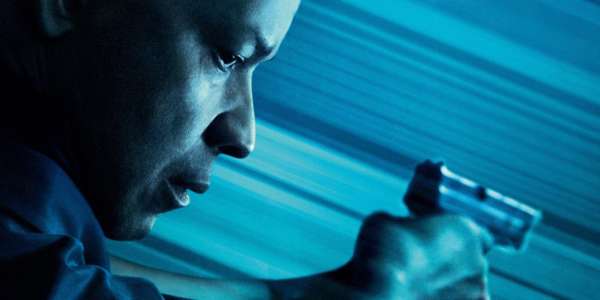“The Equalizer 3” opens with a promising scene in Sicily, featuring a blood-soaked villa and an Italian drug lord. However, the film quickly descends into disappointment. The violence is stomach-churning, and the reliance on impractical effects is evident from the start, signaling a shift in the once-enjoyable action franchise.
This film marks the fifth collaboration between director Antoine Fuqua and Denzel Washington, a partnership that has lost its luster over time. While their first project, “Training Day,” was a success, subsequent films have grown harsher and less engaging. One can’t help but wonder what Washington gains from these films, as they seem far removed from his prestigious roles. It feels reminiscent of the Anthony Mann and Jimmy Stewart partnership, though Fuqua and Washington explore far less compelling themes.
Unfortunately, “The Equalizer 3” is a letdown. It attempts to emulate the Mann-Stewart dynamic within the Western genre, but it falls short. McCall, the protagonist, ends up in a peaceful Italian village after being wounded, and he becomes attached to the people there. While the Western influence is apparent in the cinematography, McCall’s excessive violence blurs the line between hero and anti-hero, leaving the audience uncertain about where to place their support.
The film introduces a subplot involving CIA Agent Emma Collins, played by Dakota Fanning, which doesn’t add much value to the story. Her character’s development is lacking, and her connection to McCall’s village stay is tenuous at best. Fanning’s performance fails to impress, and her attempt to channel Jessica Chastain’s role in “Zero Dark Thirty” falls flat.
The action sequences also disappoint. They lack imagination, and the editing and score fail to create any excitement. Instead, the film relies on gore to mask its lackluster choreography. The only bright spot is Denzel Washington’s apparent enjoyment in his role. However, his character’s direction is inconsistent, making it challenging to fully invest in his portrayal.
Comparisons to “John Wick” may be overused, but in this case, they are warranted. “The Equalizer” franchise, which started around the same time as “John Wick,” fails to evolve as successfully. It lacks emotional depth, a coherent narrative, and an appreciation for the genre it attempts to inhabit. Ultimately, “The Equalizer 3” is a disappointing addition to an already uneven franchise.

